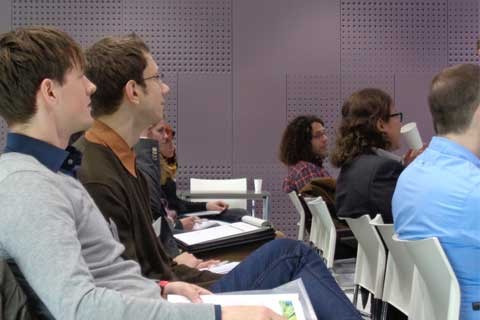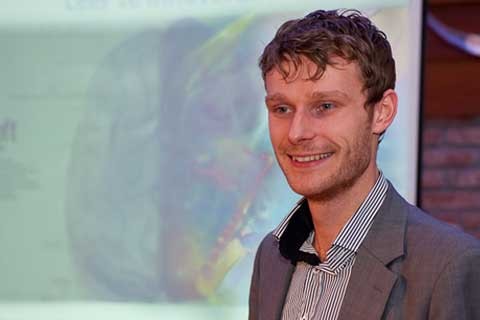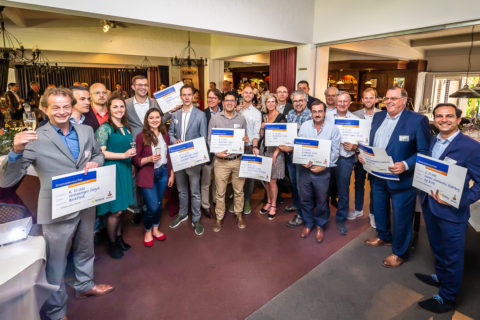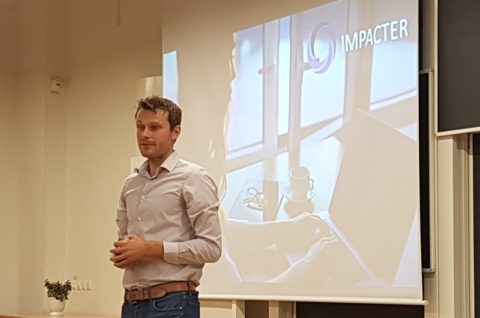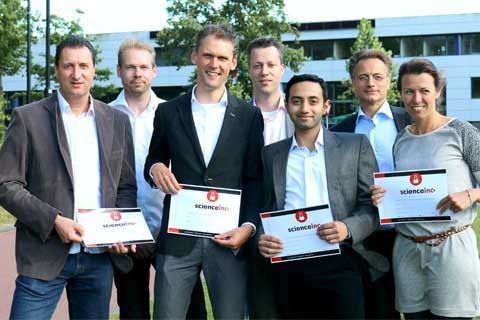Godfrey Harold Hardy was an English mathematician, famous for saying: “Nothing I have ever done is of the slightest practical use.” It is a favorite example for researchers to show that research can be of such fundamental nature, that it is simply impossible to predict its eventual relevance. Hardy spaces (named after him because of his paper in 1915) later proved critical for the development of the CD. This doesn’t prove that everything can be utilized, but it does prove that you should be careful with statements that deny any practical use. Sometimes, it is just unforeseeable.
Arguing the unpredictability of impact is valid, and has been recognized by NWO. If you can convincingly argue why utilization opportunities are indeed unforeseeable, the paragraph is excluded. However, we often feel that researchers use this argument as an escape to avoid thinking about utilization. The problem is this: the evaluation committee is going to use the arguments below to poke holes in your story. Be aware!
- It is not just about your results
Your results are what matters for publication, and their contribution might be relevant in a decade-long discussion that might or might not have great societal implications. But in the course of your research, you’re building more than just results. You’re gathering data, using a methodology or building a network: all of these ‘products’ can form the basis of an impact story.
- We know some things about the future that are very likely
The argument ‘too fundamental to foresee potential applications’ is based on an uncertain future in which vastly different opportunities and technologies exist. To a large extent, this is true. But there are definitely trends that are very likely. The increase in the world population, the aging society in Europe, the continuing pervasiveness of the internet, the rise of information in everyday life, the energy and climate debates: we can be almost certain that these issues will be issues for the next thirty years. If you can align the long term prospects of your research with these topics, you’re already starting to show societal relevance!
- FOM can do it, so you can too
Most people would agree that the most hardcore fundamental scientists are at FOM (The Dutch institute for fundamental particle science). But FOM has some excellent valorization examples. An evaluation even showed that fundamental scientists perform better when they interact with society. So if even the most die-hard ‘Fundo’s’ do it well, you need a pretty strong argument.
- What makes this important science and not trivial curiosity?
Whilst this question may seem insulting, it is important to remember that public funds spent on research could also be spent on improving healthcare or the environment. This means that there is an objective of legitimacy: society needs to understand why these questions are important. Satisfying your own curiosity (or even that of your peers) is rarely sufficient. It might be in the rare instances that the curiosity is shared by the public. The frequent (and for some envious) publicity surrounding astronomy is a prime example of this.
- It only takes one black swan
If you’re saying: “there are no utilization possibilities”, it only takes one referee or committee member with an overly creative mind to tackle your entire argument.
This blog does not want to argue that the ‘too fundamental’ escape cannot or should not be used. But in hundreds of paragraphs, we’ve only come across a couple of cases where we would go for this option. Are you considering doing this for your application? Challenge us with your paragraph!

